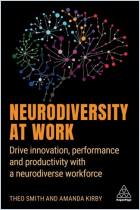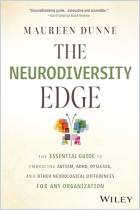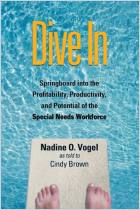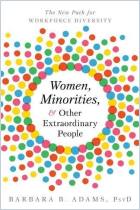
The Canary Code
A Guide to Neurodiversity, Dignity, and Intersectional Belonging at Work
Recommendation
Many neurodivergent workers have missed out on job opportunities and had employers mismanage their talents because they don’t fit the status quo. For these workers, companies’ embrace of greater flexibility during COVID-19 was a boon that allowed them to flourish. Professor Dr. Ludmila Praslova offers insights into fostering an inclusive workplace that celebrates neurodiversity and intersectional dignity. Discover practical strategies to create environments where everyone feels valued and respected. Learn how to break down barriers and implement effective policies that support diverse talent.
Summary
About the Author
Dr. Ludmila Praslova is a Professor and the Founding Director of Graduate Programs in Organizational Psychology at Vanguard University.


















Comment on this summary or Начать обсуждение